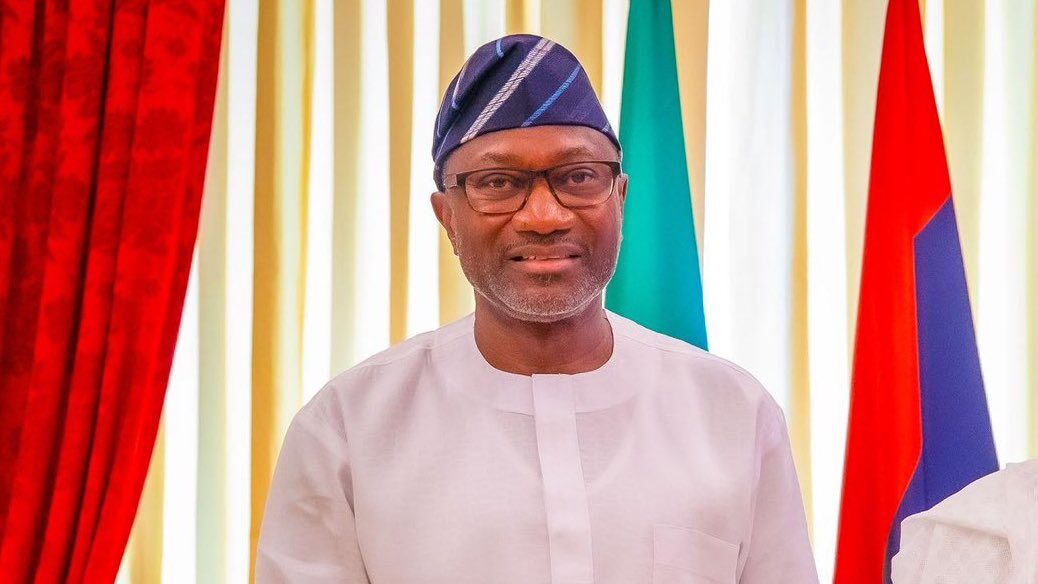In what has been hailed as a watershed moment in Nigeria’s industrial journey, the Industrial Revolution Work Group (IRWG) concluded its 2-day technical session in Lagos, with resounding optimism, strategic clarity, and renewed resolve to shift Nigeria’s industrial transformation from vision to verifiable action.
Themed “From Activities to Outcomes: Driving Industrial Renaissance,” the session convened over 20 high-impact institutions spanning government, private sector, development partners, and regulatory bodies. The event was spearheaded by the Minister of State for Industry, Senator John Owan Enoh, under the supervision of the Federal Ministry of Industry, Trade and Investment (FMITI).In his compelling keynote, Senator Enoh charged participants to reject passive commentary and embrace agile execution, asking the now-anchoring question of the session: “What will success mean after this session?” His response—“a clear line of sight from insight to action, from policy to prosperity”—set the tone for two days of rich engagement, breakout working groups, and strategic prioritization.“This is not another conference. This is a pivot point. Nigeria cannot afford to continue the cycle of plans without implementation. IRWG is our engine room for delivery,” the minister stated.
Following rigorous deliberations across five thematic pillars, the IRWG adopted a series of high-impact resolutions poised to re-anchor Nigeria’s industrial ecosystem:
• Energy Security & Infrastructure Development: Strong calls were made for embedded power solutions, dedicated energy corridors, and harmonization of energy incentives for industrial zones. A gap analysis and naira-denominated energy pricing strategy were recommended as urgent interventions.
• Upskilling the Workforce: The Group endorsed the establishment of a National Industrial Skills Development Framework, reactivation of TVET colleges, and the deep integration of private sector-led apprenticeships. The National Skills Development & Innovation Framework (NSDIF) was proposed for adoption.
• Made-in-Nigeria Patronage & Counterfeit Control: A national campaign to promote local products, enforce stricter import controls, and harmonize regulatory frameworks was agreed. There was also strong support for a National Adire Day and the establishment of market hubs for Nigerian products.
• Affordable Long-Term Finance: Recommendations included establishing centralized industrial financing vehicles, accelerating BOI fund disbursement reviews, and declaring a State of Emergency on Manufacturing to mobilize targeted relief and incentives.
• Bureaucratic Reforms: Proposals were made for a single-window clearance platform, reduction of overlapping mandates, full digitization of regulatory processes, and alignment of fiscal and monetary incentives to fast-track industrial approvals.



